
MS and Demyelinating Disorders
Latest News
Latest Videos

CME Content
More News
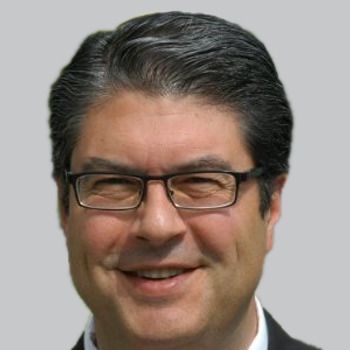
The phase 1 trial assessed high doses of the therapy in 24 healthy volunteers, divvied up into 4 cohorts to receive doses, including 36 mg/kg, 60 mg/kg, 85 mg/kg, and 110 mg/kg. These data build upon the findings of the phase 2b CHANGE-MS trial.

Neurology News Network for the week of February 2, 2019.

A small study shows promise for patients with highly active multiple sclerosis.

Data has suggested that patients with multiple sclerosis who have withdrawn from treatment with fingolimod (Gilenya, Novartis) can safely be treated effectively with alemtuzumab (Lemtrada, Sanofi Genzyme) or rituximab (Rituxan, Genentech/Biogen).

The chief of the Division of Immunotherapy at the Northwestern University Feinberg School of Medicine discussed the results of the randomized clinical trial and the implications of this treatment in clinical practice.

Nonmyeloablative hematopoietic stem cell transplantation showed less disease progression in relapsing multiple sclerosis patients after 1 year compared to a number of FDA-approved disease-modifying therapies.
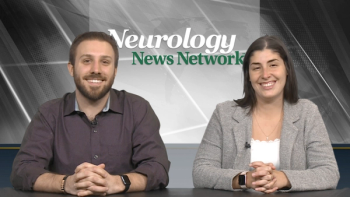
Neurology News Network for the week of January 26, 2019.

Several network meta-analyses have suggested that ocrelizumab is superior or comparable in its efficacy and safety to the other 14 available disease-modifying therapies in treating relapsing multiple sclerosis.

Patients with relapsing multiple sclerosis who are treated sooner rather than later with disease-modifying therapy have a lower risk of converting to secondary progressive disease.
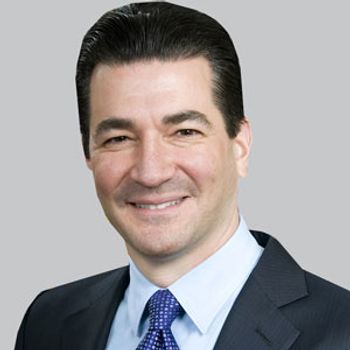
The agency is anticipating upward of 200 INDs per year by 2020 and between 10 and 20 cell and gene therapy approvals per year by 2025.

The Group Medical Director for Neuroscience at Genentech discussed the ORATORIO trial findings, as well as what the upcoming ORATORIO-HAND trial will evaluate.

The AAN position statement author further addressed the opposing position of the Nevada law, the AAN’s position on brain death, and what clinicians need to know in regard to determining it.

The principal medical science director at Genentech spoke about the decisions behind the tools being used for measurement, and what the neurologists can get from the data.
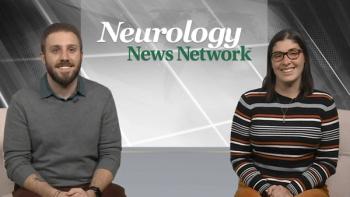
Neurology News Network for the week of January 12, 2019.

The Chair of the AAN’s Ethics, Law and Humanities Committee spoke to the American Academy of Neurology’s goal to improve the consistency of determining brain death.
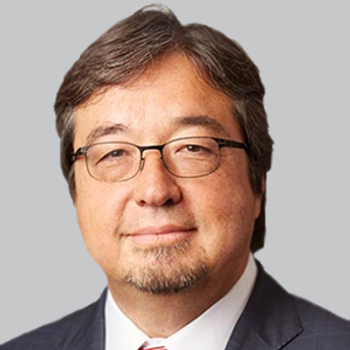
Previous analysis has suggested that an extended dosing regimen can reduce the risk of progressive multifocal leukoencephalopathy for patients with relapsing multiple sclerosis.

Final approval is expected by June 20, 2020, ahead of the generic erosion following the patent expiration of Biogen’s Tecfidera.

The anti-CD20 antibody showed greater reductions in Expanded Disability Status Scale scores over a decade in patients with SPMS compared to matching controls never treated with it.

This guide includes everything you need to know about fingolimod (Gilenya, Novartis) for the treatment of relapsing multiple sclerosis in adults and children.

The Clinical Director of the NHGRI spoke about the impact of the NIH program and its future development.

The position statement’s author noted that a lack of specificity in laws and inconsistencies in protocols has led to confusion surrounding brain death in several high-profile cases.

The program’s director spoke about its genesis and evolution into a more widespread initiative which has helped improve next-generation genome sequencing.

Neurology News Network for the week of December 22, 2018.

With more than a dozen disease-modifying therapies, some have set their sights on developing an agent designed to promote remyelination.

The chief of the Multiple Sclerosis Division at the Perelman School of Medicine explained how an increase in the number of MS neurologists could improve the state of care.


















